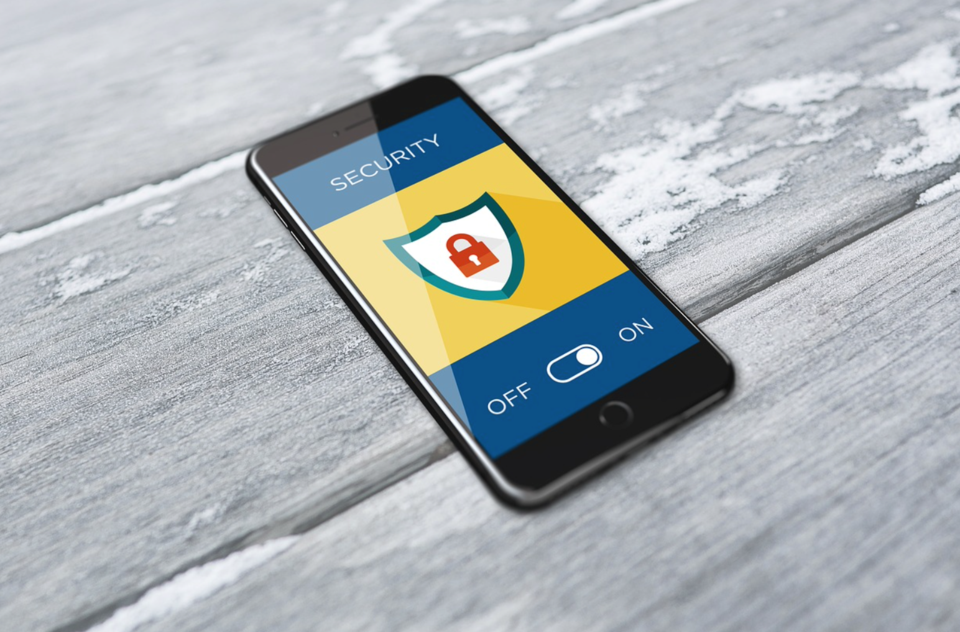This winter, especially in the wake of the recent Marshall and Middle Fork wildfires, Boulder County residents may increasingly be targeted for scams.
On Tuesday, the Colorado Department of Regulatory Agencies, or DORA, issued a press release warning the public against ongoing scams being perpetrated this winter, specifically on utility consumers.
The press release identifies three methods frequently used by scammers to trick utility consumers into giving them money:
- Disconnection deception is when a scammer contacts a consumer via phone call, email or in person and threatens to disconnect their utility service if the consumer doesn’t pay them immediately. The scammer may demand payment from the consumer via prepaid cards purchased at a local retail store, credit card, debit card, bank draft, wiring money or cryptocurrency.
- A contractor con occurs when a scammer knocks on a consumer’s door while posing as a utility worker or contractor who is affiliated with the consumer’s utility company and reads, upgrades, resets, repairs, replaces or inspects the consumer’s utility meter or other utility-related device.
- Bogus bills sent by scammers are recognizable as suspicious emails, often appearing to be bills sent from a consumer’s utility company, requesting payment.
- The overpayment trick is when a scammer, posing as an employee of a consumer’s utility company, calls a consumer and claims they have overpaid their utility bill, and, as a result, they must provide their personal bank account information or a credit card number to facilitate a refund. “In reality, your utility (company) will apply any overpayments you have made to your utility account, allowing the credit balance to cover any future charges,” the press release advised.
According to the press release, recognizing these common utility scams by imposters claiming to be from a gas, water or electricity company is the first step to preventing consumers from falling victim.
If a consumer recognizes a potential disconnection deception scam happening to them, they should hang up the phone and call their utility provider, the press release stated. People should delete deceptive emails, or emails which appear to be from their utility company if they feel unsure about the email. Furthermore, consumers should not click on any links or attachments in the suspicious email as they may be directed to a scam website designed to steal personal information. In the event of a potential contractor con scam, the consumer should ask the supposed utility employee or contractor to show their company identification cards, which they are required to carry with them, according to the press release. “If the person cannot show you an ID, ask him or her to leave and return only with proper identification,” DORA advised.
As a general rule, DORA recommends people never provide or confirm their personal information or financial information to anyone initiating contact with them whether by phone, in person or email.
Furthermore, cryptocurrency scams are on the rise, according to a Facebook post by Longmont Public Safety, or LPS, on Tuesday.
“One sure sign of a scam is anyone who says you have to pay by cryptocurrency,” LPS warned. “In fact, anyone who tells you to pay by wire transfer, gift card or cryptocurrency is a scammer.”
Scams which occur through cryptocurrency, LPS noted, are especially dangerous because the nature of the digital currency makes it nearly impossible for the scammed person to ever get their money back … “which is what the scammers are counting on.”
Unfortunately, tragedy sometimes opens the doors for exploitation. In addition to the rampant utility and cryptocurrency scams in Colorado this season, the recent Marshall and Middle Fork fires create an opportunity for scammers to design platforms which falsely claim to support victims of the devastating wildfires.
On Tuesday, the Boulder Office of Emergency Management, or OEM, issued a press release warning people against scams related to the wildfires and offered the following tips for people to ensure their donation makes it to people in need:
- An official donation organization is the Community Foundation of Boulder County. Click here to donate.
- At this time, no one will contact you asking for donations. If someone does, it may be a scam.
- Do not donate to an individual you don’t know.
- If you see a donation page you believe is fraudulent, report it to the host site (GoFundMe, Twitter, Facebook, Instagram).
Additionally, the Boulder County District Attorney’s Office, or BCDA, warned the public about scammers related to the wildfires in a press release on Tuesday.
According to BCDA, people wanting to support the victims of the wildfires should know that government disaster assistance agencies do not ask for financial information, and they should be wary of scammers who will say there is a fee to get to the front of the disaster assistance line.
For people impacted by the fires and seeking support, BCDA advised that there is no fee required to apply for or get disaster assistance from the Federal Emergency Management Agency, or FEMA, or the Disaster Assistance Center. People should be cautious about scammers calling and telling them that there is a fee to access FEMA or disaster assistance services, according to the press release.
Customers who suspect that they have been victims of fraud, or who feel threatened during contact, should alert local law enforcement authorities and their utility immediately. The Federal Trade Commission is a good source of information about how to protect personal information. The Colorado Attorney General’s Office Consumer Protection Section also provides consumer protection information for victims of fraud.



